
If your cat is chewing on electrical cords, it's immediate cause for concern. The behavior may be caused by an obsessive-compulsive disorder (OCD), or other environmental or health-related factors, such as stress or a dental issue.
No matter the cause, it's dangerous for cats to chew on electrical cords, not to mention this activity can destroy your electrical appliances and cords. Fortunately for you and your cat, you can stop your cat from chewing on electrical cords with protective coverings by offering alternative items for chewing or by addressing the underlying causes.
There's some mystery surrounding why cats choose electrical cords to chew on. One theory is that the cord resembles another animal's tail and that basic feline instinct compels the cat to attack anything that looks like a tail—although this reasoning doesn't address why the cat would continue to chew the cord once it discovers there's no animal attached. Additional reasons for cord chewing may include:
Obsessive-compulsive disorders (OCD) that involve chewing and gnawing behavior most often develop in Siamese and Burmese cats. These felines may develop a strong urge to chew, suck, and sometimes even eat inedible objects.
Although cord chewing may be the primary OCD behavior you observe in your cat, you may spot other symptoms as well. There doesn't seem to be an explanation for why some cats develop a particular combination of OCD symptoms.
Cats that have pain in their mouths caused by dental problems may indulge in gnawing behavior in an attempt to relieve the discomfort. Between 50% and 90% of cats older than four years of age suffer from some form of dental disease, so it's important to address this proactively with regular veterinary dental care, including checkups and cleanings.
If your cat is older, it may have a combination of issues that prompt chewing behavior. As they age, it's common for cats to develop osteoarthritis, which can result in a drastic reduction in their activity level. When a cat isn’t able to move around and exercise, explore, or interact as much with the world, boredom and the resulting stress may cause it to seek other outlets.
At an older age, there may also be metabolic issues, such as hyperthyroidism, that raise a cat's activity level and increase its urge to gnaw. A blood screening panel may reveal a treatable issue that resolves the chewing behavior.
Pica is defined as craving and chewing substances that have no nutritional value. Some examples include paper, dirt, hair ties, plastic, and other common household items. While iron deficiency and malnutrition can be causes of pica, in cats, the issue is most often associated with boredom, anxiety, and other underlying behavior-related concerns.
Stress can prompt a wide range of odd behaviors. In these cases, the chewing serves to relieve anxiety and simply makes the cat feel better emotionally.
Take your cat to the veterinarian for a checkup if it displays inappropriate chewing behavior so that any underlying health or behavioral problems can be discovered and addressed. In the meantime, take steps to keep your cat safe.
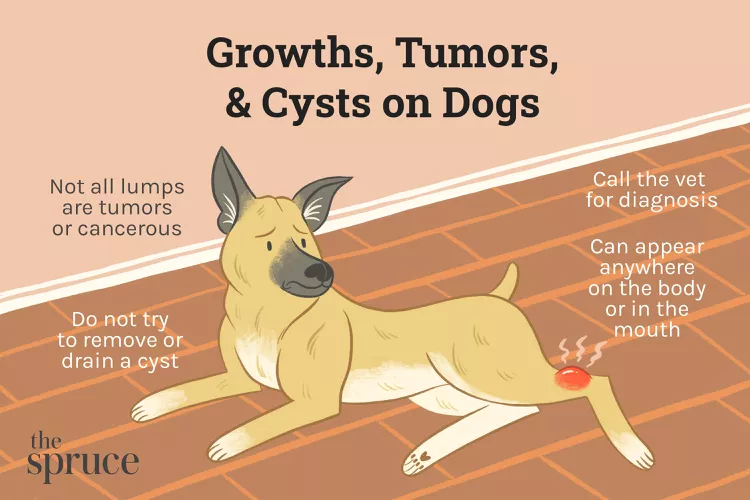
Tumors, Growths, and Cysts in Dogs
Tumors, lumps, growths, or cysts are commonly found on dogs. Learn the causes, treatments, and preventative measures.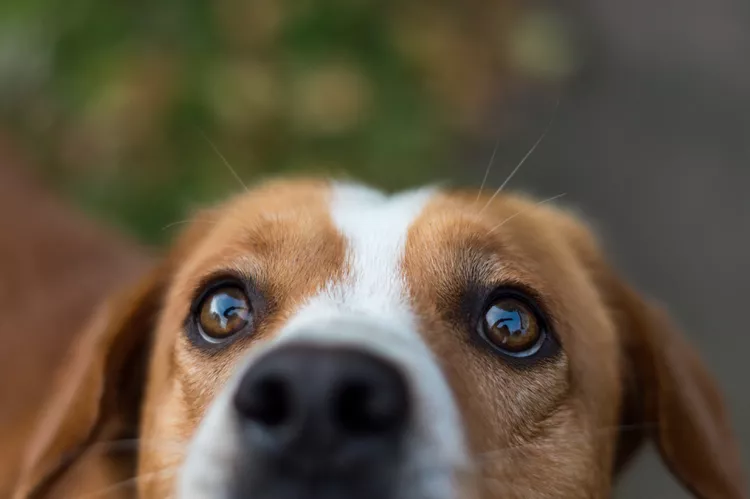
Eye Injuries and Infections in Dogs
Dogs can suffer eye injuries that range from mildly irritating to serious medical emergencies. Learn the causes, treatment, and prevention.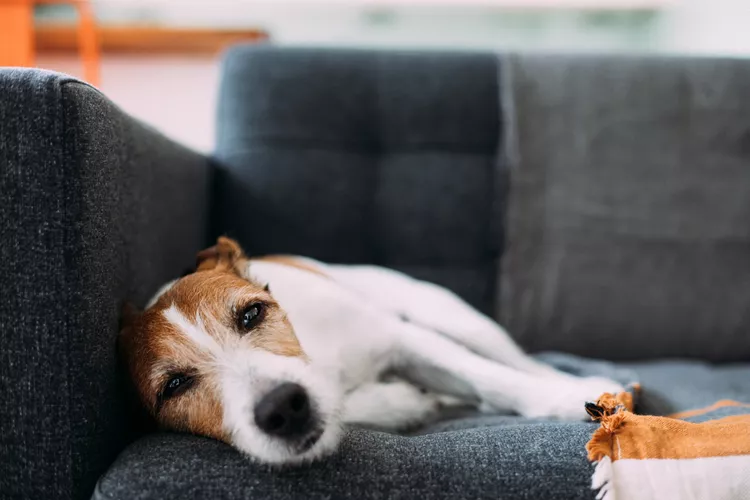
Vestibular Disease in Dogs
Vestibular disease affects a dog's balance and eye movements. Find out about the signs, causes, and treatment of vestibular disease in dogs.
Is Acetaminophen Safe for Dogs?
Acetaminophen is used by humans for pain and fever relief, but is it safe for dogs? Here's what you need to know before giving your dog acetaminophen.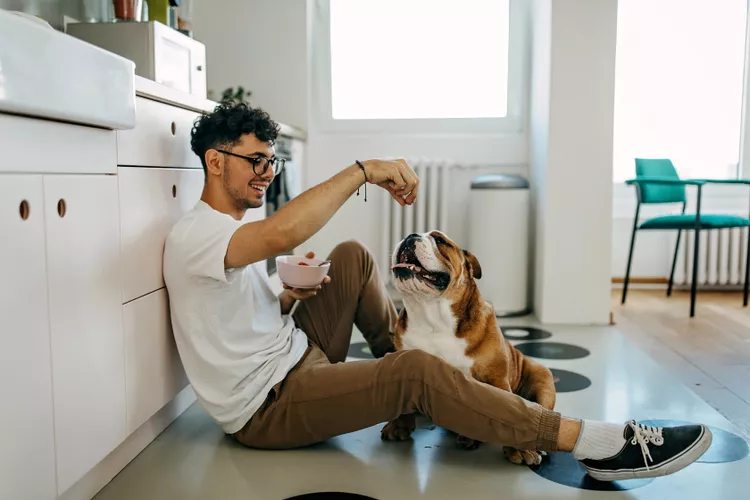
Can Dogs Eat Zucchini? Everything to Know About This Hardy Summer Squash
Zucchini is a nutritious food that's safe for dogs to eat in moderation. This low-calorie, high-fiber vegetable can be incorporated as a healthy treat in a dog's balanced diet. Learn more about its health benefits, potential risks, and how to prepare it.
Can Dogs Eat Popcorn? What You Need to Know for Movie Night
Dogs can eat popcorn, but there are safety concerns. Find out how to safely feed your dog popcorn and what you should do if you're concerned.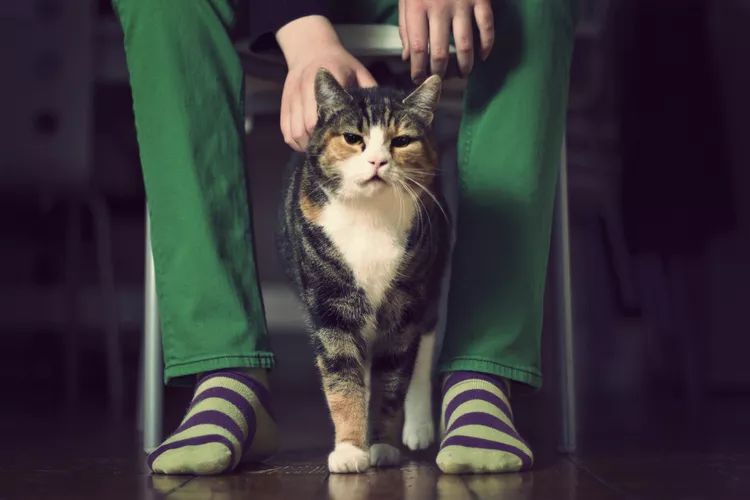
65 Irish Cat Names
Irish cat names can pay homage to historical places, local cuisine, famous Irish actors and musicians, or other wonderful aspects of the Emerald Isle.
46 Egyptian Cat Names
Whether inspired by notable Egyptian deities, locales, or pharaohs, Egyptian cat names can bring out the divinity of your noble feline companion.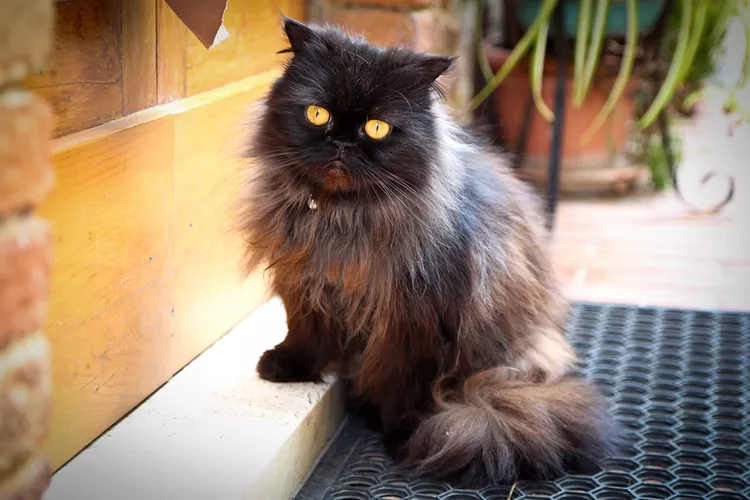
Are Ant Traps Safe for Cats?
Here's how to know if ant traps are safe for cats and how to keep yours free from harm if you have an ant problem.
The 6 Best Cat Nail Clippers of 2024 for a Safe Trim
Clipping your cat's nails can save your furniture and keep your kitty comfortable. We asked veterinarians for their cat nail clipper recommendations.
Is Neosporin Safe for Cats?
A brief summary of concerns a cat owner should be aware of before putting Neosporin on their cat, plus tips for things they can use at home instead.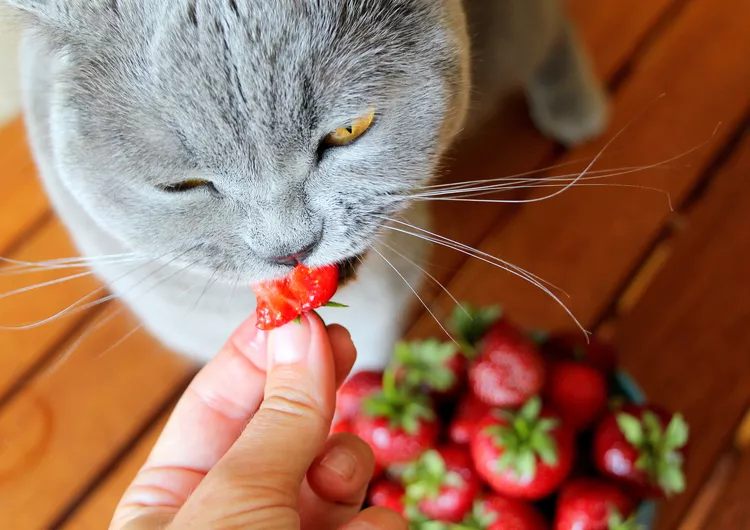
Can Cats Eat Strawberries? How to Safely Share This Summer Berry
Although cats are primarily meat eaters, strawberries may be an interesting and tasty snack for your feline friend. Find out the risks of feeding strawberries to cats and how to safely let your cat enjoy this fruit.
Cute Pictures & Facts About Calico Cats & Kittens
Learn fascinating facts about calico cats, including photos, the genetics behind this color combination, and common folklore and traditions.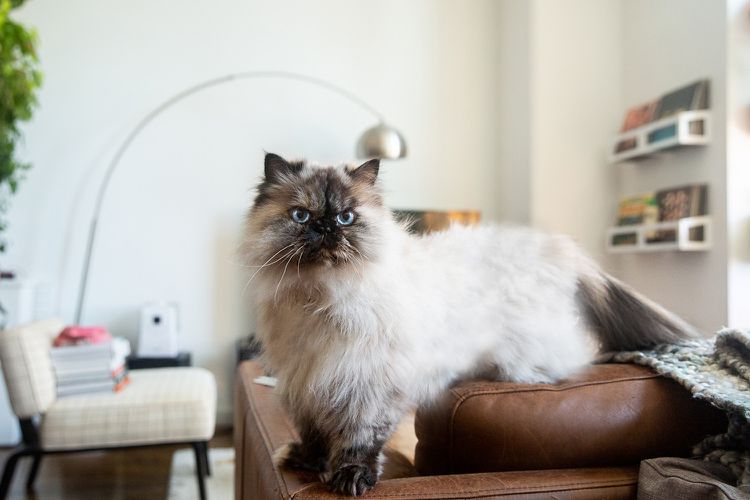
12 Most Popular Cat Breeds for Feline Lovers
These 12 cat breeds, like the Siamese and Sphynx, are known for their unique appearances and personalities. Learn what makes them so popular.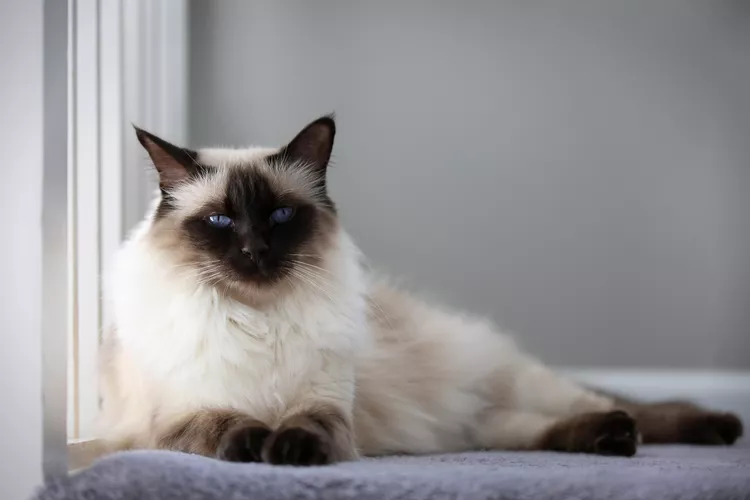
Balinese: Cat Breed Profile, Characteristics & Care
The Balinese cat is playful, sociable, elegant, intelligent, and a touch on the vocal side. Learn about the Balinese, including appearance, temperament, health, and care needs.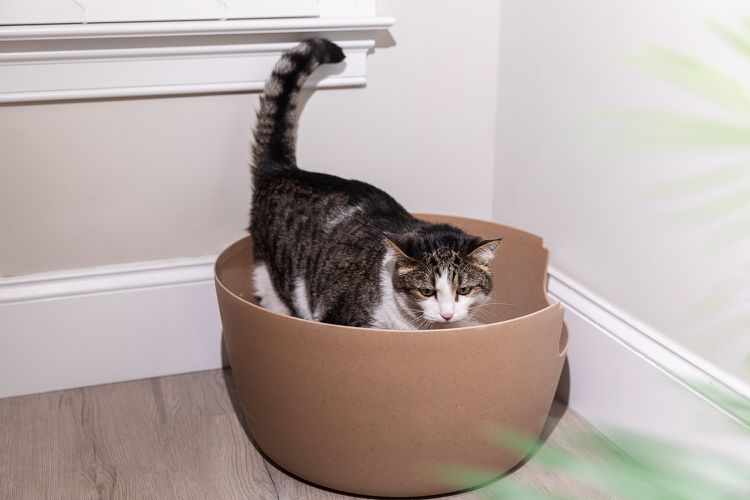
Why Cats Don't Always Cover Their Poop
Cats may not cover their poop for a few different reasons, including being territorial, sending a message to their owner, and not liking the litter.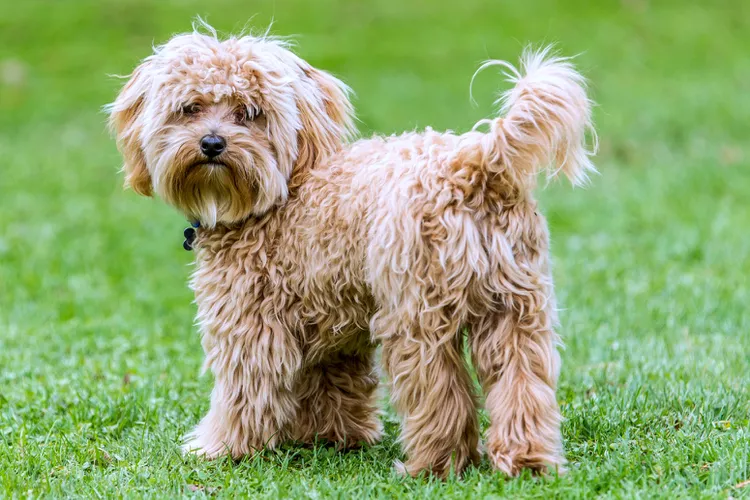
Cavapoo: Dog Breed Characteristics & Care
The Cavapoo is a hybrid of the Cavalier King Charles spaniel and a toy or miniature poodle. Learn why these teddy-bear-looking dogs make the perfect addition to your family.
Why Dogs Eat Poop and How to Stop Them
Is your dog eating poop? Some dogs do this because of stress or illness. Learn how to prevent stool eating, or coprophagia, in dogs.
Can Dogs Get Depression? How to Help Your Sad Dog
Can dogs get depression? Learn about the signs of depression in dogs and find out how to help your sad dog.
4 Reasons Why Your Dog Licks Their Butt
Butt-licking in dogs can be a part of normal grooming, but excessive butt-licking is not normal. Read about the most common reasons for this behavior.